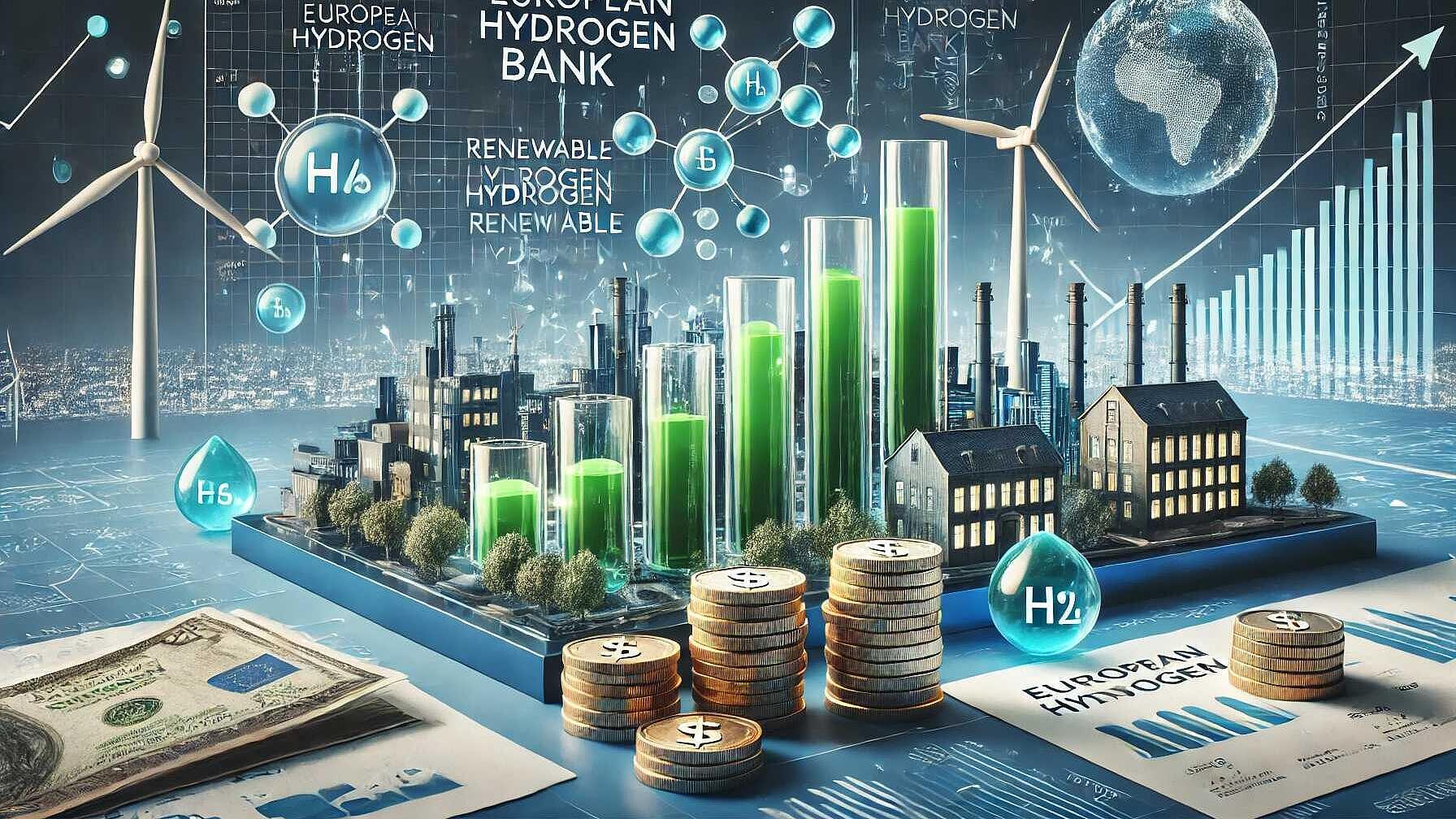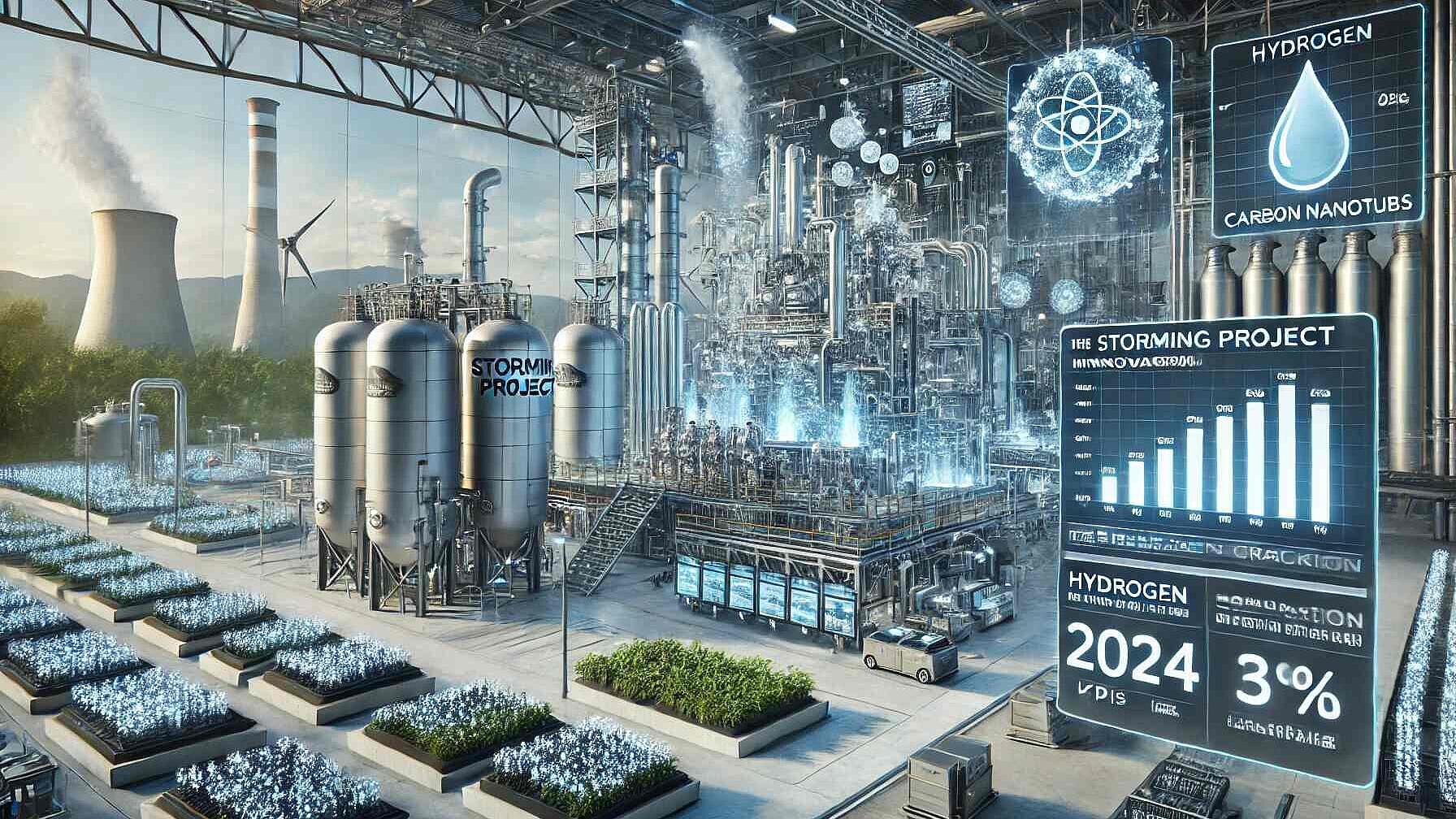 Policy & Regulation
Policy & RegulationDoes the public's view of Hydrogen matter?
Summary
A recent survey in the United Kingdom assessed public perception to be largely ambivalent to hydrogen. Over 64% of participants were unable to demonstrate even a basic knowledge of hydrogen technology or its potential to contribute to the energy system. For hydrogen to work in our decarbonisation journey millions of people will need to embrace new technology. There is a clear risk here that the truth about current world hydrogen production - which is responsible for 2.5% of global annual carbon dioxide emissions - undermines public trust. It is however going to be incredibly challenging to convince people to switch if it is more expensive.
The first nuclear weapon was called a ‘H or hydrogen bomb, or that in 1936 the Hindenburg air ships 140,00 meters cubed of hydrogen caught fire.
Open full article
Does the public's view of Hydrogen matter?
A recent survey in the United Kingdom assessed public perception to be largely ambivalent to hydrogen, with over 64% of participants unable to demonstrate even a basic knowledge of hydrogen technology or its potential to contribute to the energy system(1). Worryingly one survey found 34% of respondents said that hydrogen was generally dangerous (2).
Public perception matters. Once the public has taken against something it can be very difficult to turn opinion back. Public opinion will influence policy makers, and opinion really matters for technologies early in their development such as hydrogen to succeed. For a similar example look at nuclear energy’s roller coaster journey and continued challenges in achieving growth.
Safety
It probably doesn’t help that the first nuclear weapon was called a ‘H’ or hydrogen bomb, or that in 1936 the Hindenburg air ship’s 140,00 meters cubed of hydrogen caught fire. Although these two incidents are a long way away from the way we intend to use hydrogen today – the general public’s rare exposure to hydrogen historically has been negative. If you want to worry yourself for a few hours just type ‘hydrogen explosion’ into google.
Risk perception and tolerance is an incredibly important topic when considering large scale technology change. For hydrogen to work in our decarbonisation journey millions of people will need to embrace new technology. A brief look at other energy technologies such as nuclear and onshore wind demonstrates easily how important the positive engagement of the public is to achieve success. Hydrogen this may be even more so particularly in heating where households may have to sign up in large numbers to a complex switch over process.
Carbon
Currently public opinion leans towards hydrogen being environmentally beneficial (3). Most media articles talk positively about hydrogen’s green credentials. In fact, some are overly positive. A good example is a 2020 Forbes article announcing hydrogen as the ‘green’ fuel of the future (4). Clearly linking the words green and hydrogen is beneficial in enhancing hydrogen’s carbon friendly image but risks oversimplifying a complex topic and accusations of 'greenwashing' may undermine the technology in its transitional phase.
There is a clear risk here that the truth about current world hydrogen production - which is responsible for 2.5% of global annual carbon dioxide emissions - undermines public trust. It is also a much harder story to tell people that we are going to use ‘dirty’ hydrogen now whilst the system gets up and running and then switch over later to the green stuff.
Cost
Cost is one of the publics major concerns. A recent UK survey, where respondents were asked about using hydrogen in their homes for heating showed significant objections to hydrogen costing more than they pay now – with 77% unwilling or unable to pay more (5).
Existing fossil fuel and electrical infrastructure has meant that for the most part in most countries there is a uniform cost of fuel for transport, electricity, and gas for heating regardless of geographic position. Where significant differences exist between countries, within countries themselves pricing remains largely consistent. This presents a challenge to any new technology which has to enter in a specific geographic area - district heating would be an example of a technology with comparable challenges.
Comparative costs to electricity and natural gas may not be possible with a sustained hydrogen role out. It is however going to be incredibly challenging to convince people to switch if it is more expensive.
References:
2) www.weforum.org/agenda/2019/04/why-don-t-the-public-see-hydrogen-as-a-safe-energy-source/.



